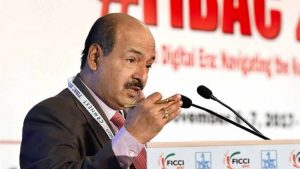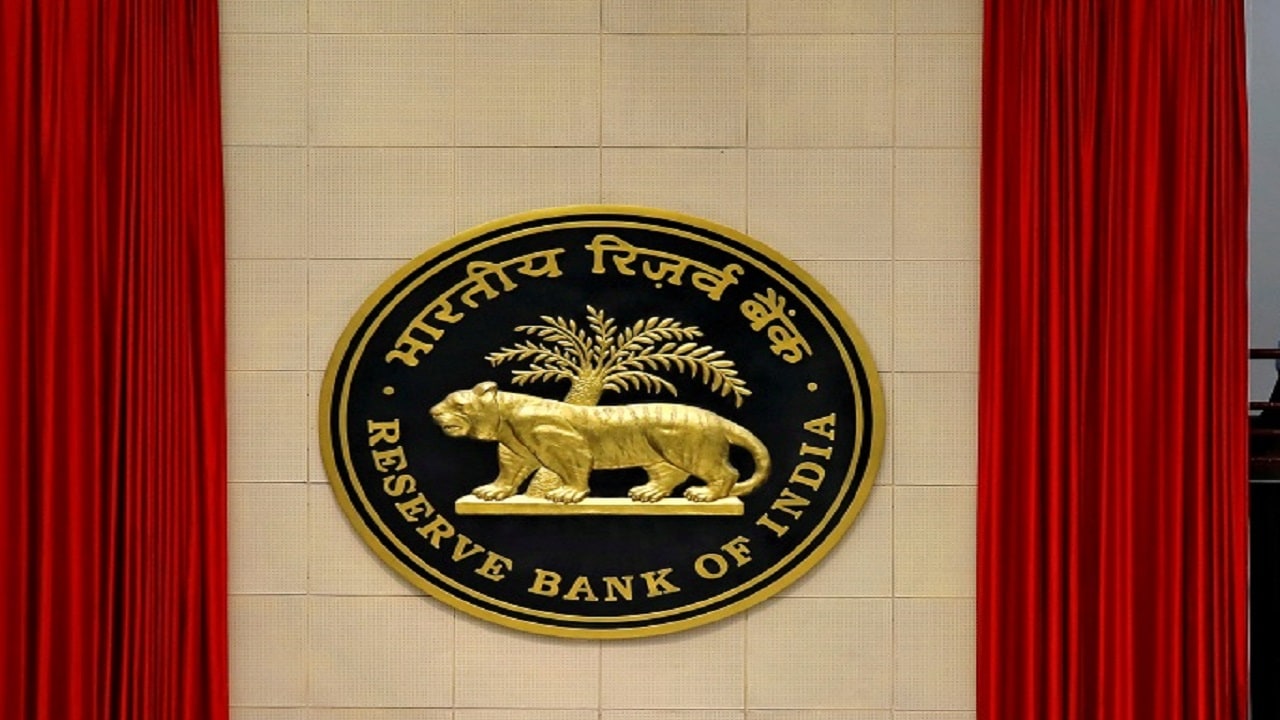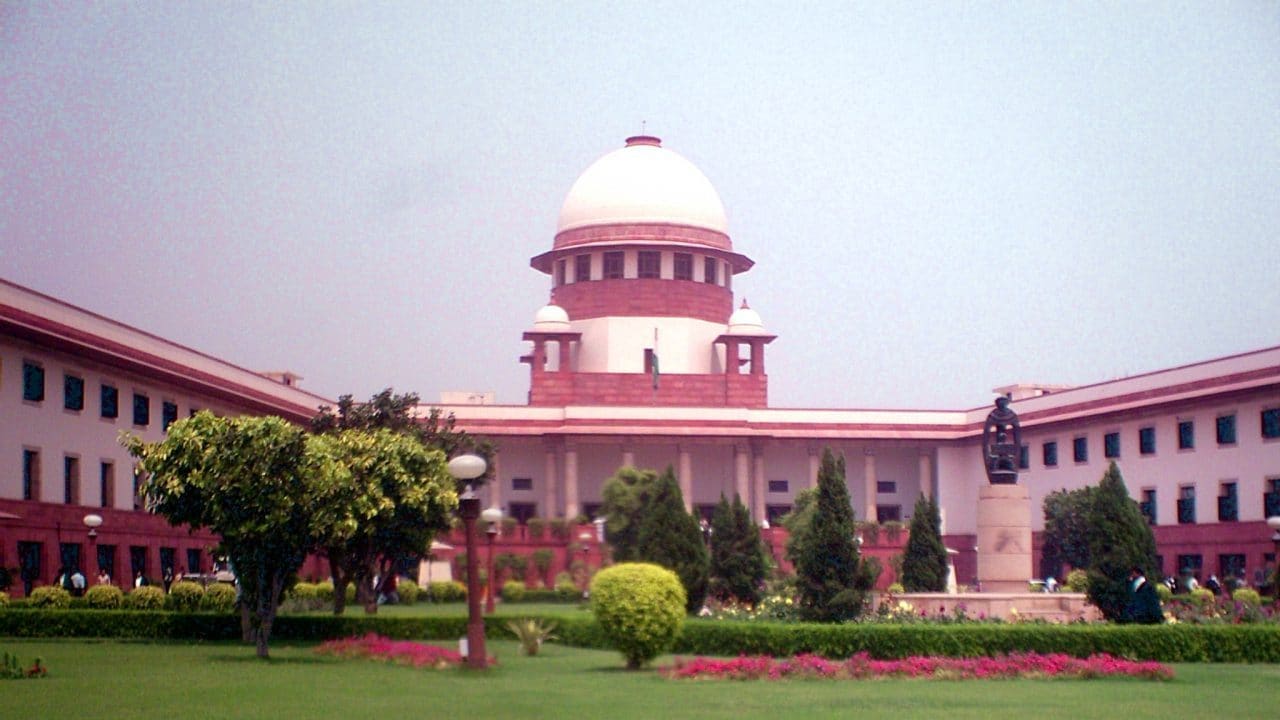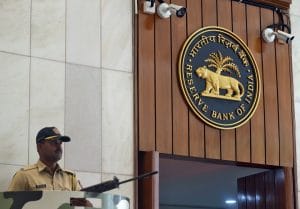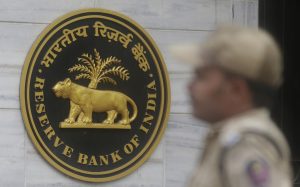Four months after the central government announced its intention to privatise two public sector banks, CNBC-TV18 learned that the NITI Aayog has narrowed down on two names.
In an interview with CNBC-TV18, DK Mittal, former secretary of Department of Financial Services; R Gopalan, former secretary of Department of Economic Affairs and NS Vishwanathan, former deputy governor of Reserve Bank of India (RBI) discussed at length about the amendments.
First up, Vishwanathan said, “In terms of ease of doing it, the preference would be to get an overall amendment and then have a process whereby it is applied bank to bank going forward. Second, the issue of corporatisation of public sector banks and making them entities under the Companies Act is another philosophical issue. The government can think of that also as a one-bank mission.”
Meanwhile, Gopalan said, “Systemically making all the public sector banks getting out of Nationalisation Act would be philosophically important thing; more reformist in nature, more attractive to investors and healthy financial architecture, if we do that.”
“Therefore, as Mr Vishwanathan said about ring-fencing these two banks (IOB and Central Bank) away from Banking Nationalisation Act 1969 and 1980 and making them into companies so that they come under Companies Act as other private banks are. So, I have a feeling that’s the way the government would choose under the circumstances considering the political pot boiling at this point in time. I think that’s the way the government would take it forward,” Gopalan said.
Mittal said, “The fact remains that the government wants to privatise two banks and they can ring-fence as Mr Vishwanathan said and that’s the right political strategy and that’s what the government will do. Nobody will like to change the scenario when everybody is upping arms to say that you are privatising all the public sector banks, but the main issue would be how you deal with the manpower and that’s the biggest challenge.”
For the entire discussion, watch the video.









 Listen to the Article
Listen to the Article 
 Daily Newsletter
Daily Newsletter







